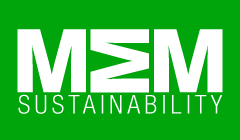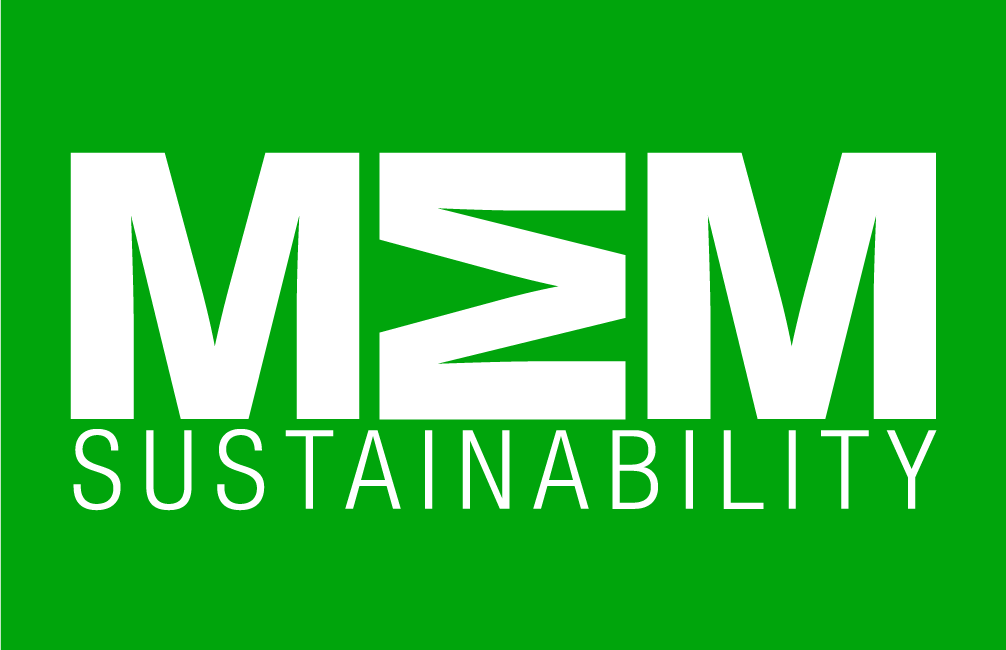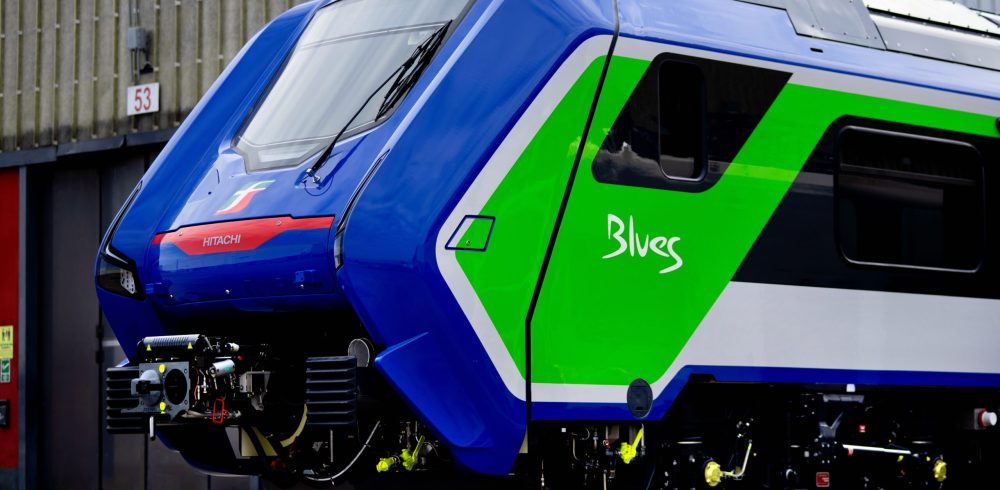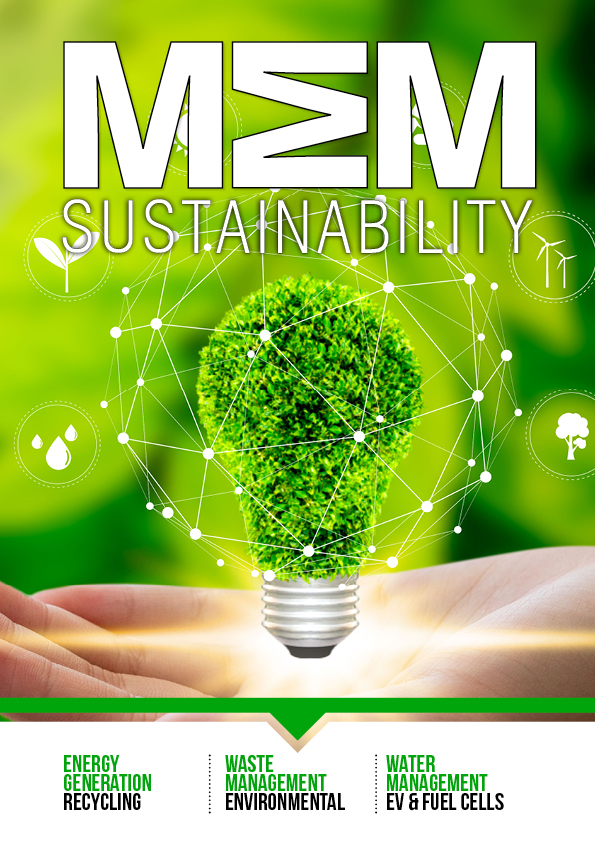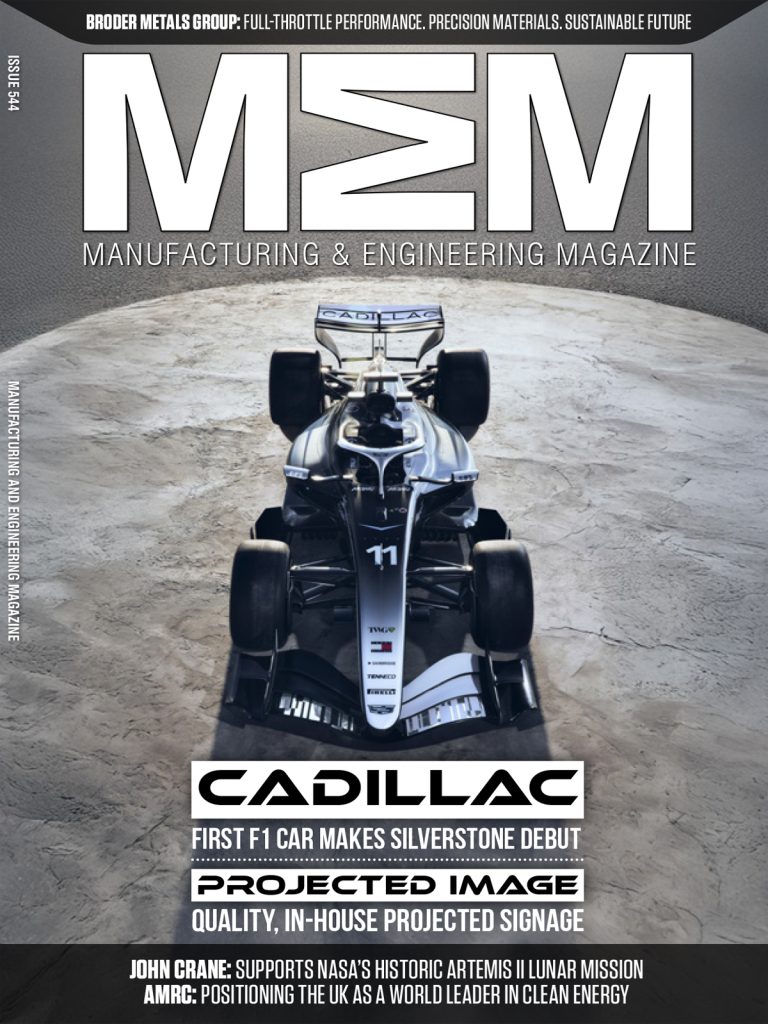Hitachi Rail has completed phase one of its production of ground-breaking battery Masaccio train at Hitachi Rail’s factory in Pistoia, near Florence, and are operating on routes across the length and breadth of Italy. The completion of 20 trains – branded as ‘Blues’ by Trenitalia – marks the first tranche of an order that sits as part of a €1.23bn framework agreement with Trenitalia for up to 135 trains that will run across Sicily, Sardinia, Calabria, Tuscany, Lazio and Friuli Venezia Giulia.
Europe’s first tribrid battery train The Masaccio’s cutting-edge hybrid technology allows the train to seamlessly draw from battery, electric, hybrid and diesel power. While Hitachi Rail already uses diesel-electric hybrid technology – pioneered on the UK’s Intercity Express fleets – this is the first time batteries have been deployed as a major power source on a train fleet for commercial use anywhere in Europe. The ability to recharge while in service using the pantograph or traction motors means it can deliver seamless green journeys without cutting availability. Offering more sustainable rail travel, and with compatibility with other European railways, the trains reduce carbon emissions and fuel consumption by 50% vs standard diesel trains.
By running on battery power when travelling through non-electrified urban areas, the train can eliminate emissions, including harmful nitrogen oxide (NOx ), while also reducing noise pollution. The Masaccio train’s DAS (Driver Advisory System) also helps cut emissions by identifying the optimal speed for timetable reliability and the reduction of energy consumption.
In a further boost for sustainability, Masaccio trains are made with 93% recyclable materials. A solution to Europe’s electrification challenge Around 40% of rail lines across the European continent are not electrified, and more than half European trains are entirely powered by diesel fuel. In Italy alone there are more than 4,000km of track that are not electrified – with 10,000s of km in a similar position across Europe that are currently serviced only by diesel trains. These many un-electrified rail networks are crucial for economic activity, yet electrifying these active lines would be costly, disruptive and may not happen for decades, if ever.
The Masaccio trains offer an immediate solution to help decarbonise European passenger rail. The long-term case for battery trains is especially strong on branch lines or in areas where geographical or topological features make electrification very hard to achieve. The battery power provides the Masaccio trains with added power and acceleration to tackle tough gradients, while the flexibility of the design allows the interior customisation to suit everything from high density commuter journeys to offering more space for leisure equipment, like snowboards or mountain bikes.
A battery train for all of Europe Debuted at Innotrans 2022 in Berlin, the Masaccio platform has been designed to be suitable for railways across Europe. The trains are built at a Europe-wide gauge and with European Rail Traffic Management System (ERTMS) digital signalling included onboard as standard. An evolving decarbonisation solution Across Europe, countries are committed to decarbonising transport, and the EU has set targets of a 55% reduction in emissions by 2030 and climate neutrality by 2050. This is only achievable with sustainable transport.
Following a similar trajectory to the automotive industry, battery technology is moving at pace in the rail sector, with battery range increasing all the time at the production cost having been slashed by 80% since 2010.[1] The Masaccio train will continue to evolve and its next model – anticipated in two years’ time – will operate as a battery-only train with a journey range of over 100km. The technology is also retrofittable, meaning that the hybrid trains of today are likely to become battery-only in the future. Luca D’Aquila, Chief Operating Officer Hitachi Rail Group and CEO of Hitachi Rail Italy, said: “The roll-out of our cutting-edge Masaccio battery train marks an important step in our efforts to decarbonise European rail. With around 40% of regional lines across the continent remaining un-electrified, battery hybrid technology can have an immediate impact. In Italy, the tribrid Blues train is helping cut carbon emissions by 50% compared to existing diesel services. We know that consumers increasingly prioritise the sustainability of their travel choices. Trains like the Masaccio mean that we can ensure comfortable, clean and efficient rail is an option for as many people as possible across Europe.”
Manufacturing & Engineering Magazine | The Home of Manufacturing Industry News
